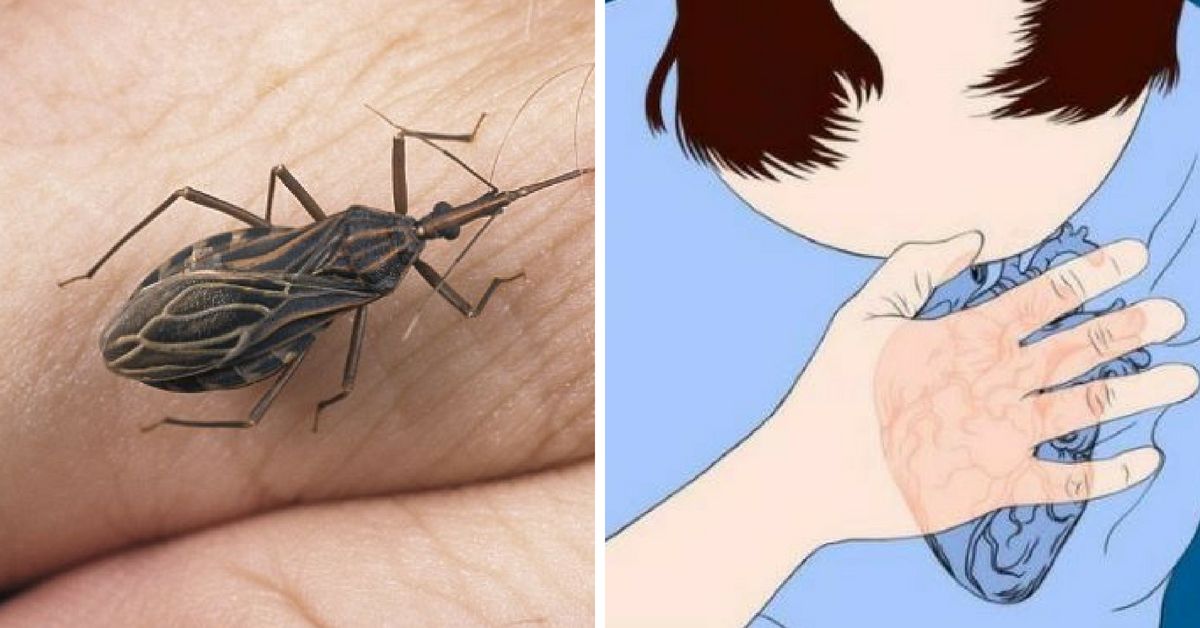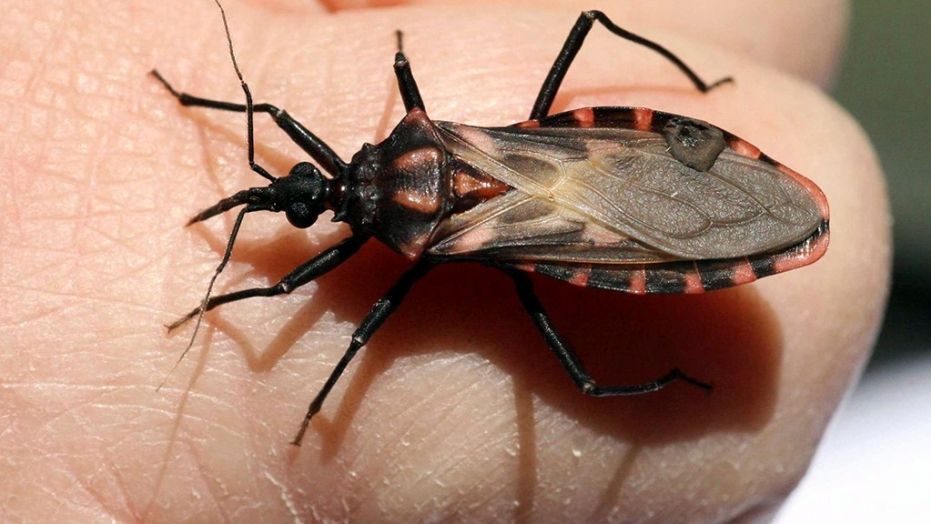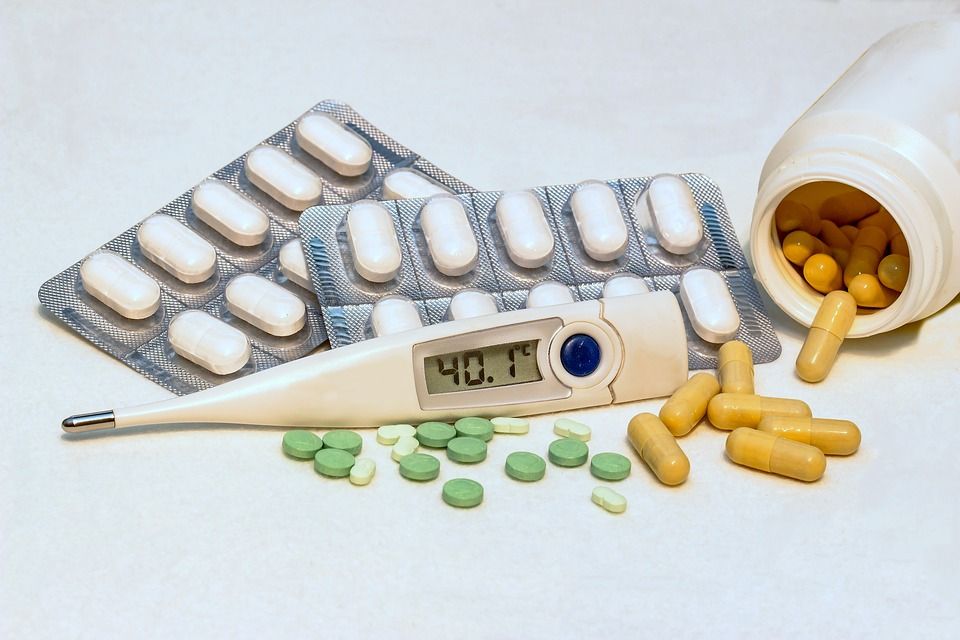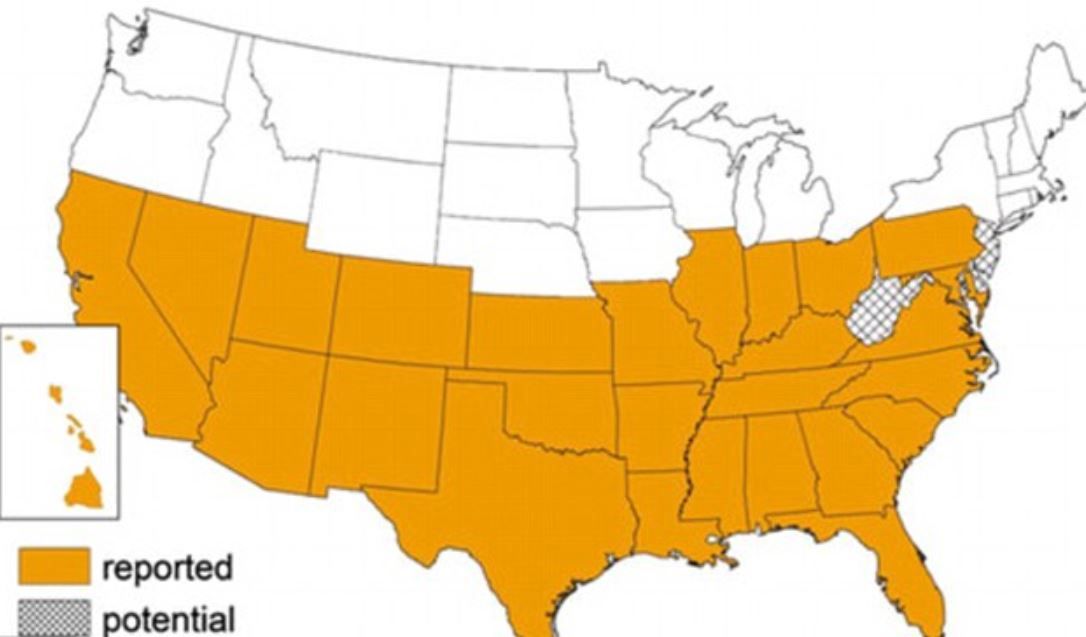A creepy crawly walking over your face is the least of your worries.
The "kissing bug," also known as triatomines, spreads a dangerous parasitic illness called Chagas disease, which is believed to cause life-threatening heart issues.
This illness is transmitted by an insect that usually bites people's faces, specifically near the mouth.
According to the CDC's most recent report in December 2017, an estimated eight million people were infected by this parasite in Central America, South America, Mexico, and the U.S.
And according to the American Heart Association's recent advisory, approximately 300,000 cases in the U.S. have been reported.
Doctors are being warned to stay vigilant for subtle signs of this "silent killer" that's spreading in more than 27 U.S. states.
What's even scarier than a bug biting your face is a bug that can transmit a disease that can silently kill you.
The parasite, Trypanosoma cruzi, is especially dangerous not only because it can cause strokes, heart failure, and heart disease, but mainly because many people don't show any symptoms of this illness when treatment is imminent.
Many people don't know they've contracted this disease until it reaches the chronic phase, causing problems like hearth rhythm abnormalities, cardiac rest, and other life-threatening heart issues.
"Early detection of Chagas disease is critical, allowing prompt initiation of therapy when the evidence for cure is strong," co-author Caryn Bern, M.D., M.P.H., professor of epidemiology and biostatistics at the University of California in San Francisco, said in a statement.
For people who do show symptoms, here's what it looks like:
There are two stages to Chagas disease.
The first is the acute phase, which can last for a couple of weeks. Reported symptoms include fever, headache, fatigue, rash, body aches, vomiting, and swelling near bite wounds.
As Bern said, treating the illness in the acute stage can be life-saving.
Once the disease reaches the chronic phase, which may be 10 to 20 years after getting infected, people report not only heart issues, but also difficulty swallowing, abdominal pain, and constipation.
Here's everything you need to know about this disease to protect you and your family:

Kissing bugs mainly live in mud, thatch, or adobe huts below the U.S. border.
They hide in crevices in the wall during the day, and feed on sleeping humans during the night.
According to Mayo Clinic, other ways people have become infected include eating uncooked food contaminated with feces from T. cruzi-infected bugs, and receiving a blood or organ transfusion from someone who was infected.
According to experts form the American Heart Association, avoid "unpasteurized sugar cane juice, aí§ai fruit juice and other juices when visiting affected countries."
If the bug has been infected by the deadly parasite, it will leave the parasite on the skin, where it can enter the body through the eyes, mouth, or a wound (like a bug's bite).
Keep in mind, scratching the bite will only spread the parasite throughout your body.
The best way you can protect yourself is by avoiding houses that can harbor these bugs in the walls and using insect repellent.
So far, mostly states in the south and west have reported an uptick in cases.
If you ever experience any of the symptoms mentioned above, talk to your doctor about Chagas disease.




